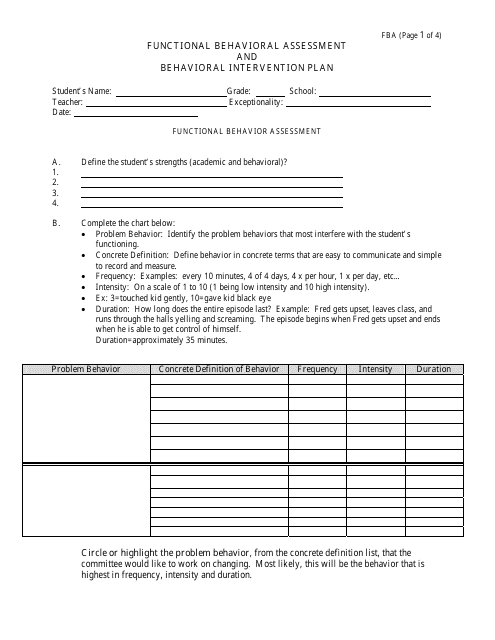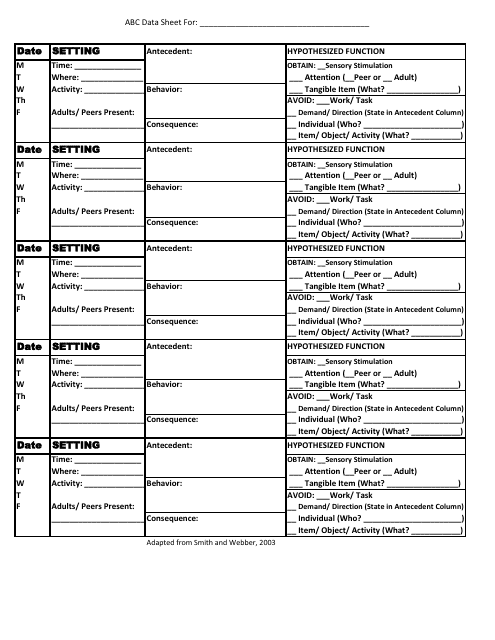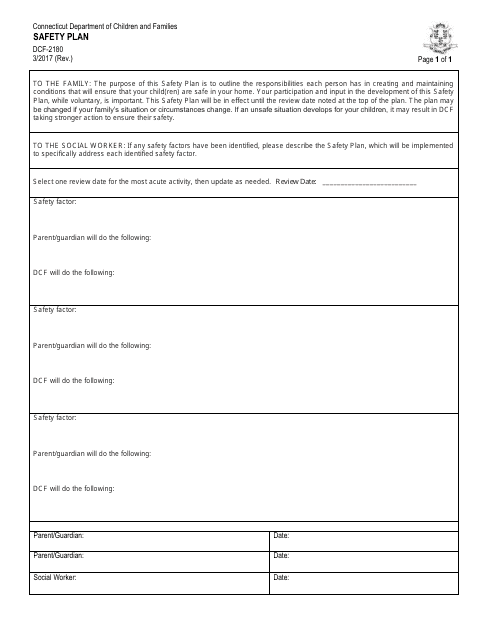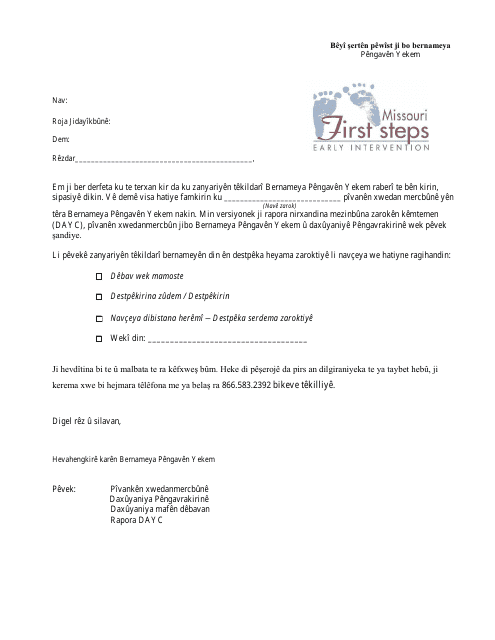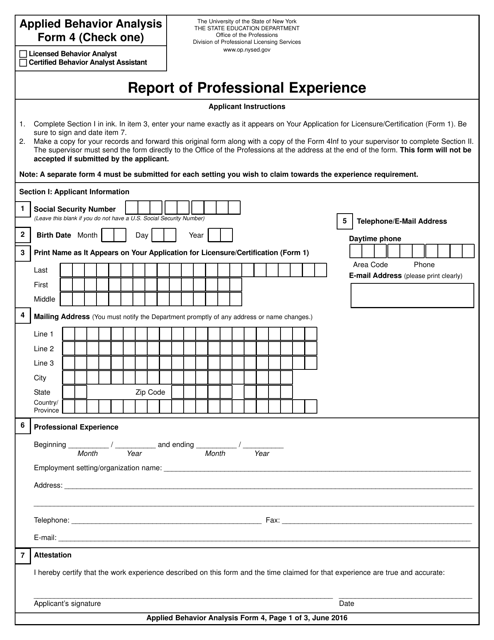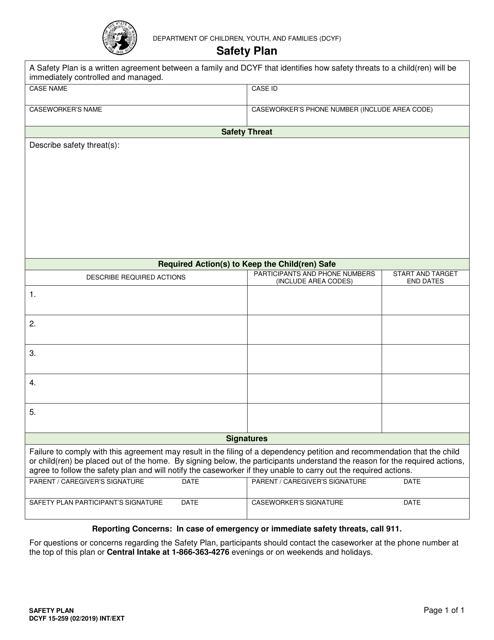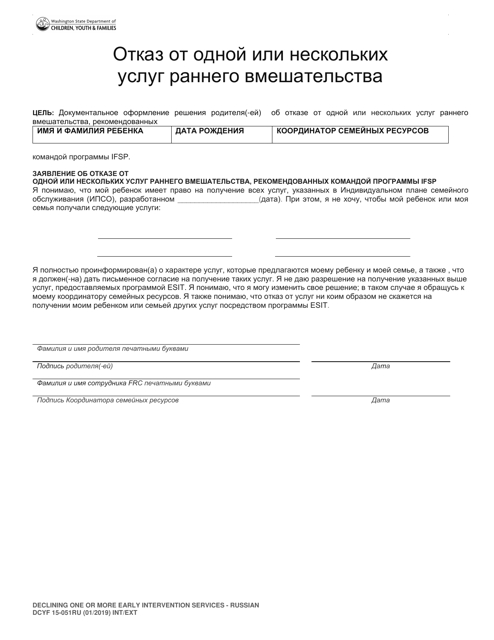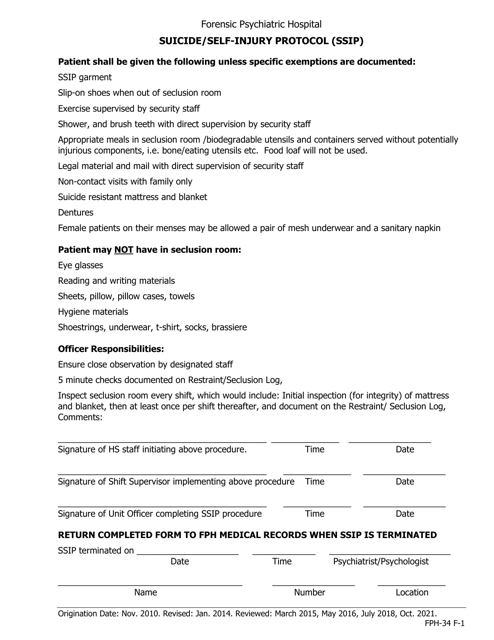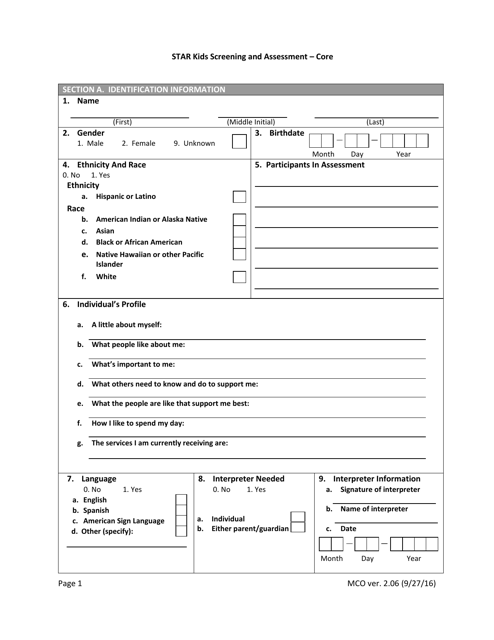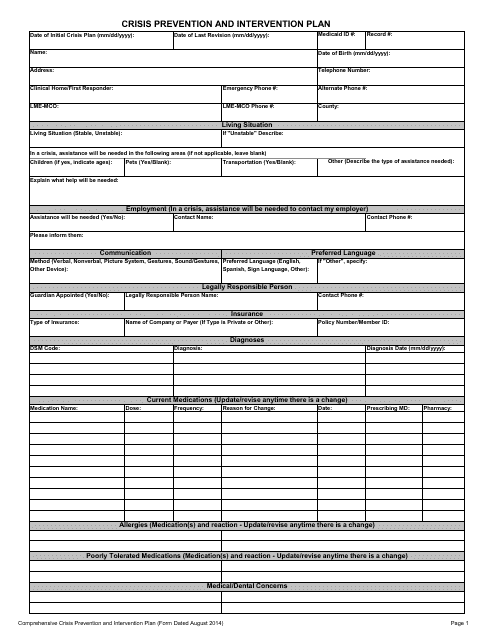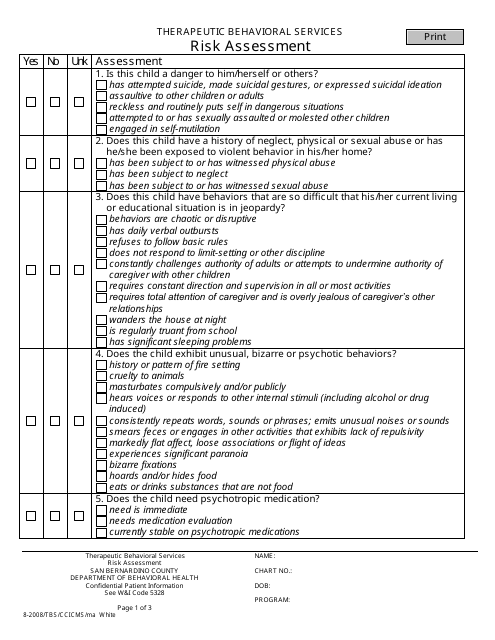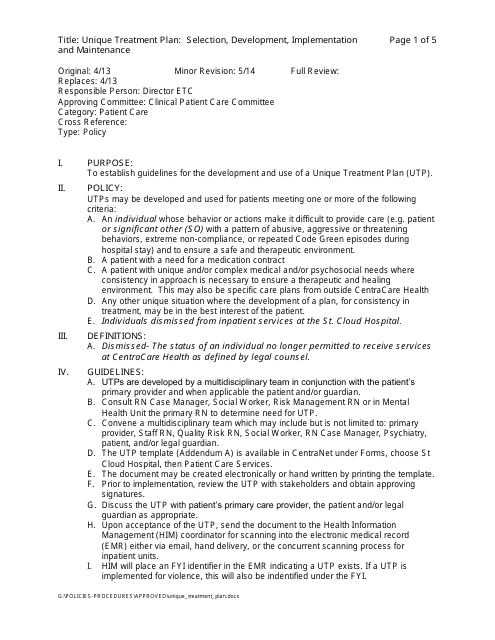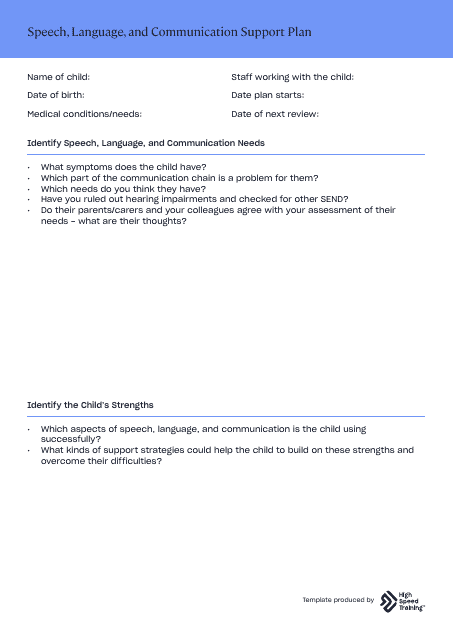Intervention Plan Templates
A well-crafted intervention plan is a crucial tool in helping individuals overcome challenges and achieve their full potential. Whether it's addressing behavioral issues, ensuring safety, or supporting developmental needs, an intervention plan provides a personalized roadmap for effective intervention strategies.
At its core, an intervention plan is a strategic framework that outlines specific steps and measures to address individual needs. By conducting a thorough evaluation and analysis, professionals can identify the root causes of challenges and devise a tailored plan to address them.
Also known as an intervention planning or strategic intervention plan, this collection of documents serves as a comprehensive resource for professionals in various fields. From educators and psychologists to social workers and healthcare providers, these documents provide a wealth of information and guidance on addressing a range of concerns.
Some examples of documents found within this collection include the Functional Behavioral Assessment and Behavioral Intervention Plan Form, which focuses on supporting individuals with behavior-related challenges. The Form DCF-2180 Safety Plan - Connecticut, on the other hand, provides a targeted approach to ensuring the safety and well-being of individuals involved in different contexts.
The DD Form 2792-1 Early Intervention/Special Education Summary document delves into the realm of early intervention and special education, highlighting the importance of early identification and support for children with developmental needs. For those requiring multilingual resources, the DCYF Form 15-051 Declining One or More Early Intervention Services - Washington (Russian) serves as a valuable tool in providing intervention information to non-English speakers and their families.
Lastly, the Unique Treatment Plan Development Form - Minnesota offers professionals a comprehensive template for developing personalized intervention plans that encompass a wide range of goals and strategies.
No matter the specific context or challenge, an intervention plan is a valuable resource in helping individuals overcome obstacles and reach their fullest potential. With the variety of documents found in this collection, professionals in various fields can access the guidance and support needed to create effective intervention plans tailored to the unique needs of those they serve.
Documents:
13
This Form is used for conducting a Functional Behavioral Assessment and creating a Behavioral Intervention Plan.
This form is used for recording antecedent, behavior, and consequence data of students for behavior analysis and intervention purposes. It helps track and analyze patterns to develop strategies for improving student behavior.
This form is used for creating a safety plan in Connecticut. It helps individuals or families outline steps to ensure safety in various situations.
This document is for individuals who are deemed ineligible for the First Steps program in Missouri. It provides information in the Kurdish language.
This document is used for reporting the professional experience in Applied Behavior Analysis in New York.
This document is for creating a safety plan for the protection of children in the state of Washington.
This Form is used for declining one or more early intervention services in the state of Washington for Russian-speaking individuals.
This document is used for screening and assessing the needs of children in Texas who may be eligible for special education services.
This document describes the Crisis Prevention and Intervention Plan used in North Carolina to respond to emergencies and manage crisis situations. It outlines strategies, protocols, and resources to help prevent and address potential crises in various settings.
This document is a risk assessment form specifically designed for Therapeutic Behavioral Services in San Bernardino County, California. It helps identify potential risks and develop strategies to mitigate them.
This Form is used for developing unique treatment plans in the state of Minnesota.

